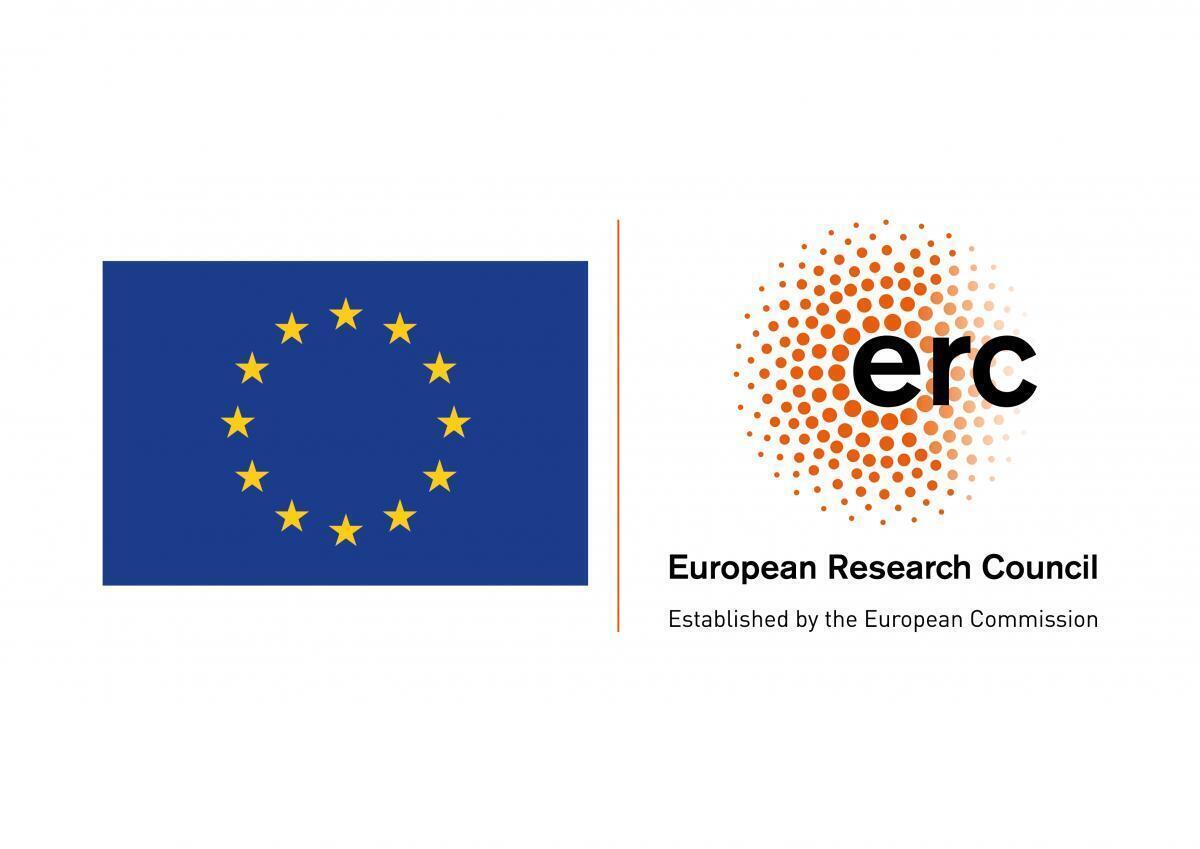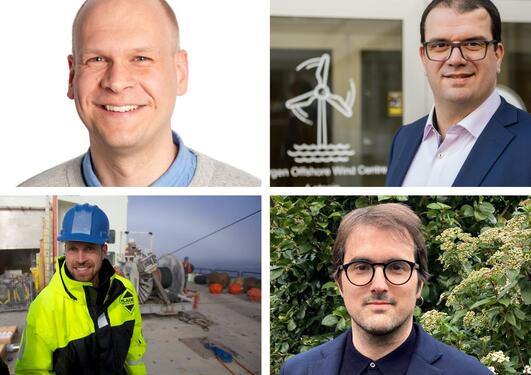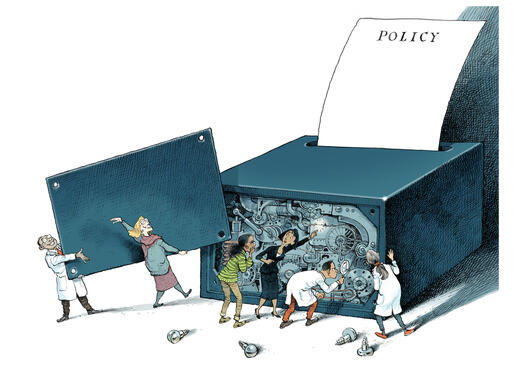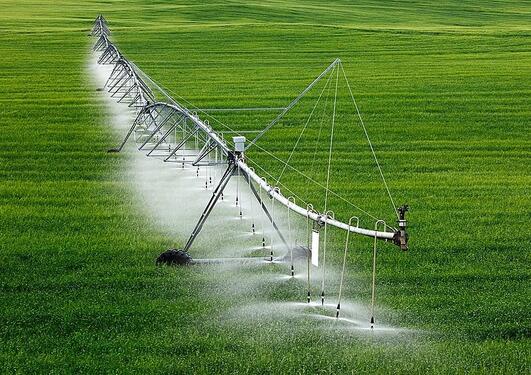Uniquely interdisciplinary UiB researcher to take on substantial global challenge
With funding from the EU, UiB researcher Arnald Puy will study the deep uncertainties that condition our understanding of irrigation water withdrawals for agriculture.

Main content
Puy, an interdisciplinary researcher who merges anthropological and historical frameworks with methods from the environmental sciences, ecology, modeling and statistics, has received an ERC Consolidator Grant (CoG) for 2022 for his project Illuminating Deep Uncertainties in the Estimation of Irrigation Water Withdrawals (DAWN).
Understanding irrigation withdrawals: a substantial global challenge
For the next five years, the EU funding will allow Puy to lead a project team of four from the Centre for the Study of the Sciences and the Humanities (SVT). An interfacultary and interdisciplinary research centre at the Faculty of Humanities at UiB, SVT is at the forefront of the study of uncertainty and complexity at the science-governance interface.
The research proposed in DAWN addresses one of the most substantial global challenges the world faces today: Understanding and quantifying global irrigation water withdrawals (IWW) for agriculture. In a world with a steadily increasing population and the specter of water scarcity looming overhead, it is becoming more and more important to sustainably manage water resources and produce enough food while simultaneously preserving the environment.
An important obstacle to achieving this goal are the deep uncertainties in our conceptualization of irrigation water withdrawals. Even with the development of finer-grained models, these uncertainties are not reduced:
"The last 30 years, scientists have attempted to produce an accurate quantification of irrigation water withdrawals through increasingly detailed mathematical models, but their estimates do not seem to converge," says Dr. Puy.
Detailed models often produce more uncertain estimates
Why are the models failing to produce accurate estimates? In recent research published in Nature, Nature Communications and Science Advances, Puy and his co-authors argue that the pursuit of complex models as tools to produce more accurate projections and predictions may not deliver, because more detailed models tend to produce more uncertain estimates.
"Expanding models without checking how extra detail adds uncertainty limits the models’ usefulness as tools to inform policy decisions in the real world," says Puy.
"Without thoroughly exposing and understanding the relevance of these uncertainties, our knowledge of the influence that humans have on the hydrological cycle will remain on fragile grounds."
Moving away from increasingly complex models
What Puy proposes to do in DAWN is turn the field of IWW modelling on its head by moving away from the quest towards increasingly complex models. Instead, he and his team will study the deep uncertainties behind our understanding of IWW.
"DAWN argues that the big leap forward in the field is not the banishment of uncertainties but their incorporation into our conceptualization of irrigation agriculture," says Puy.
By giving central stage to overlooked ambiguities, DAWN will promote a paradigm shift in hydrological modeling and agricultural sciences and attempt to dramatically strengthen the foundations of our knowledge on irrigation water use and our capacity to design robust for-policy IWW models.
Combining the knowledge systems of scientists and traditional irrigators
How will Puy and his team achieve this? Firstly, they will study the underlying assumptions of all global irrigation water withdrawal models, ponder their effect on the estimations and assess the solidity of the main belief systems grounding the simulations.
Further, he and his team will retrieve insights on irrigation withdrawal from traditional irrigators.
"We will compare the traditional irrigators’ understandings of the premises that govern irrigation water use with the scientific knowledge of irrigation embedded in global models."
Finally, DAWN will combine the knowledge systems of scientists and traditional irrigators and develop uncertainty/sensitivity analysis methods to explore how their ambiguities impact the modeling of global irrigation water withdrawals.
This will be done by merging approaches from hydrology, statistics, philosophy and anthropology. The ultimate aim is to enhance our capacity to design model-based irrigation policies that deliver under irreducible ambiguities.
"This grant will endow the field of irrigation modeling with the reflective stance and the diversity of perspectives that characterizes the humanities. It is a recognition of the potential that hybrid research holds to trailblaze unconventional research avenues," says Dr. Puy.
Rasmus Slaattelid, Head of Centre at SVT, says that the research community at the centre is looking forward to the substantial addition to its research activities that Puy’s project represents:
"Beyond the great achievement of Arnald winning an ERC Consolidator Grant, DAWN shows in an exemplary way the potential in combining disciplinary perspectives to expose and understand deep epistemological problems in current modeling practices, as well as how traditional knowledge systems could be used to enhance the quality of scientific approaches to the management of freshwater resources."





